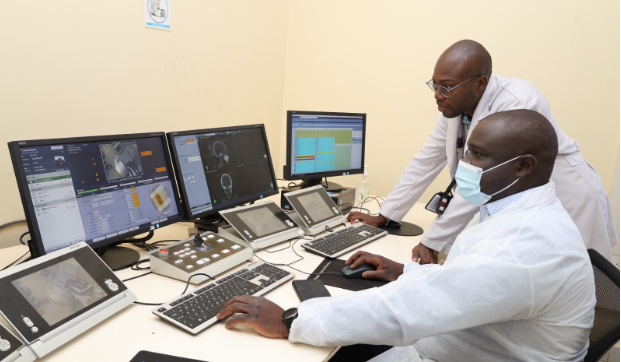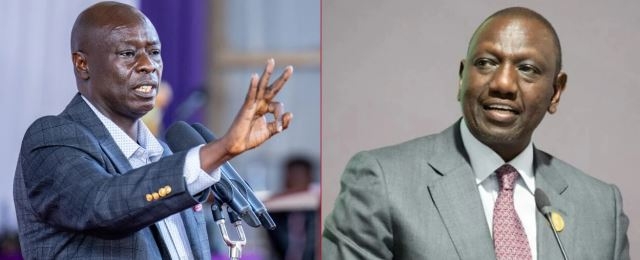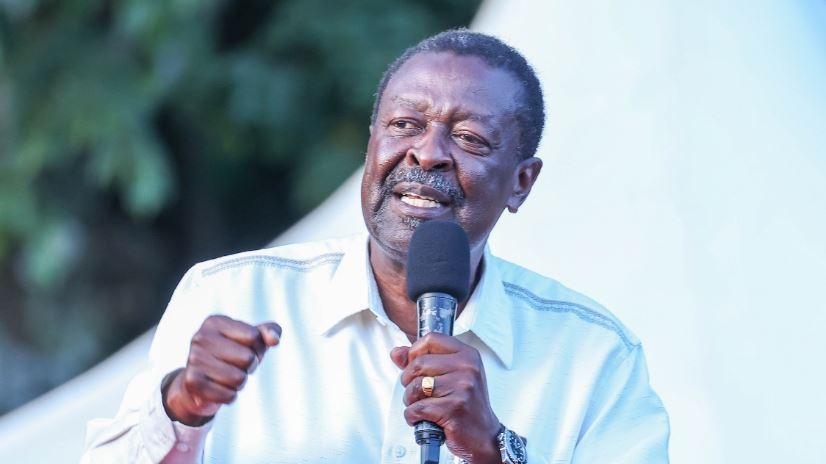

Moi Teaching and Referral Hospital has successfully conducted its first unique brain cancer radiosurgery on a 51-year-old female patient.
The Stereotactic Radiosurgery (SRS) is a precise form of therapeutic radiation that can be used to treat abnormalities in the brain and spine, including cancer, epilepsy, chronic nerve pains and abnormal blood vessels.
It’s a system that uses noninvasive tumour-destroying radiation to treat cancers throughout the body as it minimises exposure to the surrounding healthy tissues.
The technology is precise, accurate and fast, with most treatments taking five to 10 minutes.
“It delivers a high dose of radiation to a small, well-defined target area while minimising damage to surrounding healthy tissues,” said Dr Jesse Opakas, MTRH director of Hemato-Oncology.
He said other systems capable of delivering SRS include a gamma knife, cyber knife and charged particle accelerator with notable advantages being; minimally invasive, precise targeting of the tumor(s) and limited number of treatment sessions.
CEO Dr Philip Kirwa thanked the government, the Ministry of Health, board and staff for enabling the launch.
“This is an impactful investment that will touch many lives. SRS is a revolutionising modern oncology and neurosurgery treatment modality. It is a big leap in getting better outcomes for patients,“ he said.
Kirwa said the hospital will continue providing high-standard and specialised care to patients, deducting the costs of treatments that were previously handled outside the country.
SRS is now routinely available at MTRH alongside other radiotherapy treatment techniques such as Volumetric Arc Therapy, Intensity Modulated Radiation Therapy, Brachytherapy and 3D conformal radiotherapy as well as chemotherapy.
With majority of cancer workloads being in public healthcare institutions, the costs for the procedures are affordable and covered under the Social Health Authority.
This comes just three weeks after the hospital made yet another highly specialised services and care after it successfully carried out the first 10 pace-maker surgeries.
Kirwa said the hospital has now operationalised Cath Laboratory where specialised surgeries are carried out. A cath lab is a specialised hospital unit equipment with imaging technology used to diagnose and treat cardiovascular diseases.
It allows doctors to perform minimally invasive procedures using catheters.
“We are proud of this latest achievement for MTR as we strive to continue offering world-class medical services for our people,” he said.
Kirwa said the hospital achieved a lot in terms of expansion of facilities because of support from the government, due to President William Ruto’s vision to ensure Kenyans enjoy quality healthcare.
















![[PHOTOS] Family, friends receive body of Raila’s sister, Beryl](/_next/image?url=https%3A%2F%2Fcdn.radioafrica.digital%2Fimage%2F2025%2F11%2Fdfe6a9bf-ede1-47a4-bdc0-4f564edb03dd.jpeg&w=3840&q=100)
